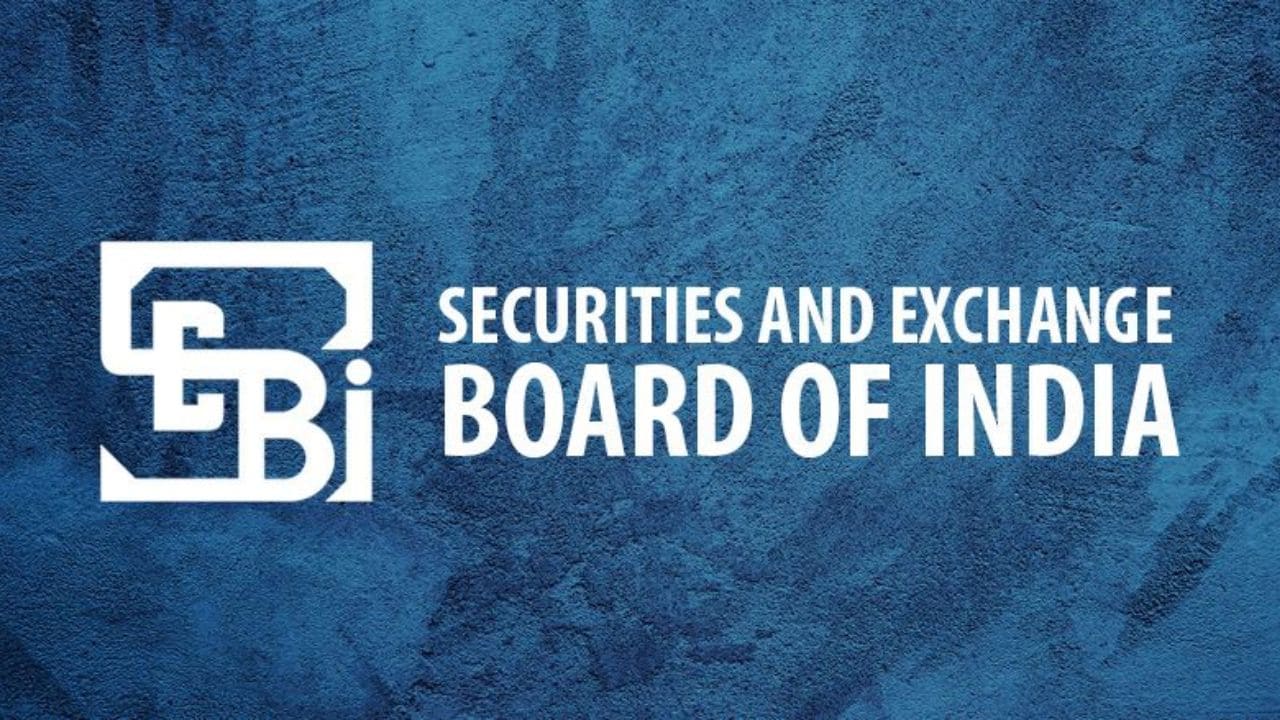The Securities and Exchange Board of India (SEBI) has announced new guidelines requiring registered intermediaries to verify their identities before advertising on platforms like Google and Meta. This move aims to combat rising fraudulent activities targeting investors on digital platforms.
SEBI’s directive follows a surge in scams conducted via YouTube, Facebook, Instagram, WhatsApp, X, Telegram, and the Google Play Store, where scammers lure investors with false promises and deceptive content. The regulator stated that intermediaries must register on social media platforms using email IDs and mobile numbers already registered with SEBI’s SI Portal.
According to a report by threat intelligence firm CloudSEK, India, Malaysia, the US, Thailand, and Vietnam are the primary targets of these fraudulent schemes. In 2023 alone, India reported over 100,000 cases of investment scams.
By the first four months of 2024, digital fraud had inflicted losses totaling Rs 1.2 billion across 4,599 reported cases. During this period, authorities received approximately 62,687 complaints related to investment scams, amounting to losses amounting to Rs 2.22 billion.
Welcoming the directive at large, stakeholders have shared that stricter monitoring of the digital platforms is also required by the regulator to curb deceptive marketing practices that can cause significant financial harm. While the regulator’s efforts are expected to make it more difficult for fraudulent operators to advertise schemes on major online platforms, simplified and faster reporting processes are required too.
Platforms like Instagram, YoutTube Shorts, and WhatsApp are flooded with deceitful financial schemes that seem almost believable for most of the investors out there. Kumar Awanish, chief growth officer, Cheil India adds that AI has further added an edge to this deceptive approach by all means, be it understanding the user’s interest, his/her interaction with such contents, time spent, among other tactics.
SEBI’s ID verification mandate brings much-needed transparency and accountability to a largely unregulated space. Right now, it’s tough to distinguish legitimate investment ads from scams. By requiring intermediaries to verify their identity, SEBI ensures they take responsibility for their promotions, points out a media executive. This move will deter bad actors who thrive on anonymity and reduce fraudulent ads by creating a clear paper trail for accountability.
However, this move alone isn’t enough.
Rajni Daswani, director – Digital Marketing, SoCheers, suggests that stronger AI-driven monitoring is required, along with increased public awareness.
Social media platforms have access to massive amounts of data. They should be using AI to flag suspicious patterns, like sudden spikes in ad spending, or accounts with unusually high engagement.
“People need to be educated about how these scams work. For this, SEBI could run campaigns by partnering with educational institutions and financial influencers to create content that teaches people how to spot scams. Maybe short, engaging videos that break down common red flags for the consumers to know,” she recommends.
It was also suggested that the market regulator incorporates a simplified and faster reporting processes.
When scammed, the most important thing victims need is to be able to report scams easily, maybe through a dedicated portal or hotline. Right now, existing channels are too complicated, and people give up. Fraud reporting should be done quickly and easily. There need to be clear channels established for that. Additionally, SEBI needs to have a direct line of communication with social media platforms. They need to be able to quickly flag and take down fraudulent accounts and ads whenever one is spotted.
SEBI can also look into getting real time data from the social media platforms, to identify fraudulent activity faster. For example, if a large number of reports come in about a specific account over a short period of time, SEBI needs to be able to act quickly.
Daswani also remarks that strengthened investor grievance mechanisms can also help combat online frauds and redressal.
According to SEBI directive, social media platforms must verify contact details before allowing intermediaries to publish advertisements. This initiative is designed to ensure that only legitimate entities engage in online promotional activities.
Experts, however, also argue that the move is going to add to their workload.
The platforms will now need to invest in verification systems, hire compliance officers, and deal with the ongoing paperwork.
“But it’s a necessary cost. The costs will be seen as a necessary part of doing business and the benefits of a more trusted system will outweigh the costs in the long run,” concludes Daswani.
